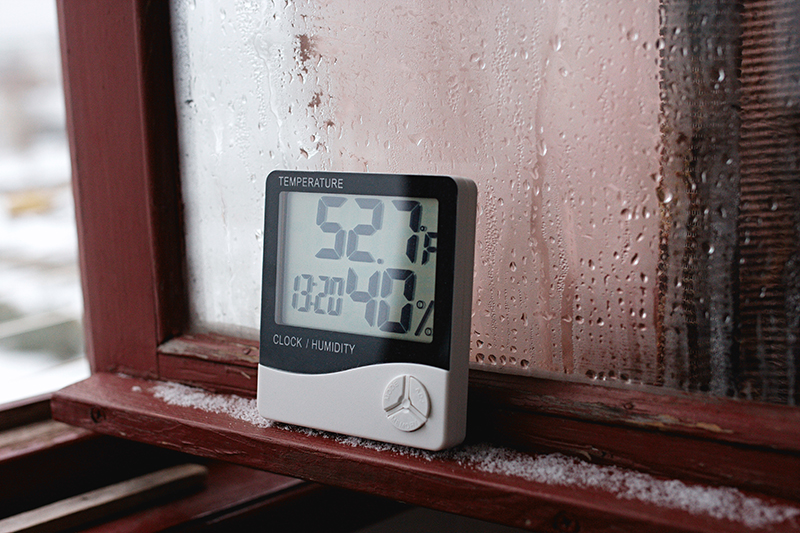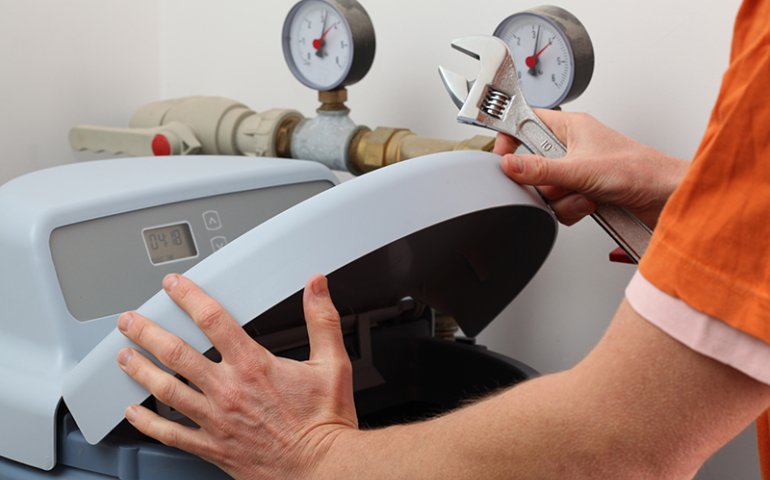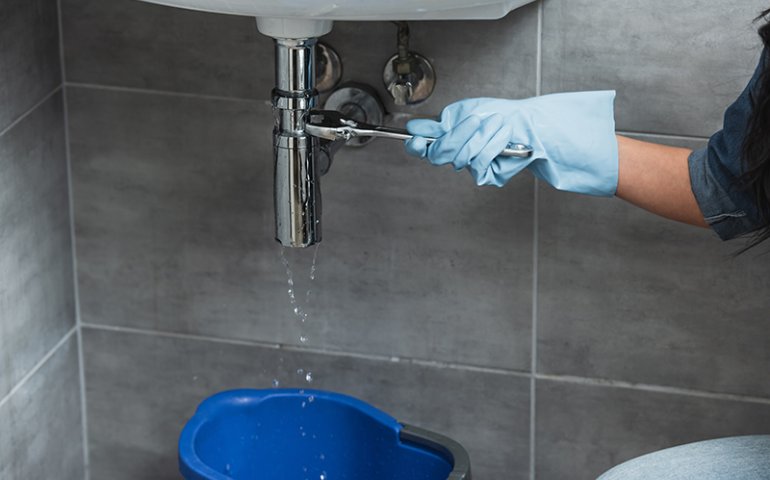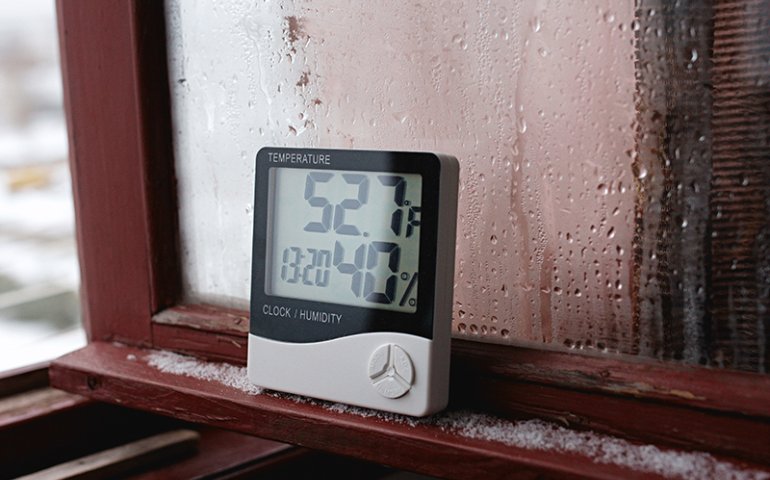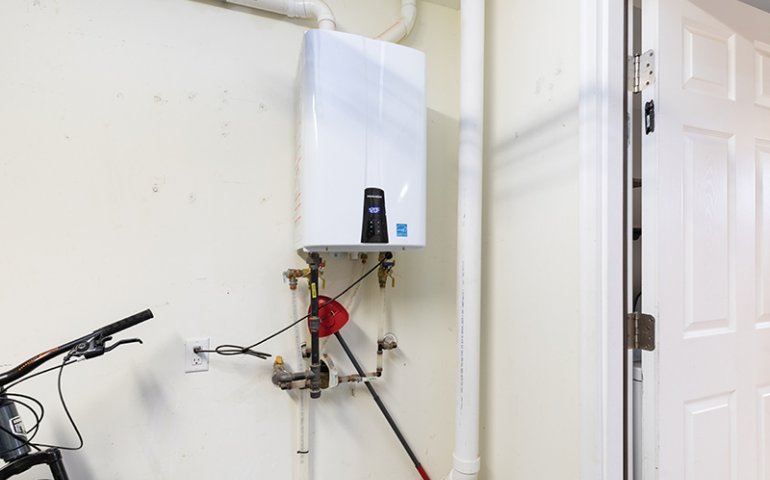Humidity Harmony: Balancing Indoor Levels for Comfort
Humidity plays a crucial role in creating a comfortable and healthy indoor environment. Whether it's too dry or too humid, imbalanced humidity can impact your well-being and your home. In this blog, we discuss the importance of humidity indoors and the best humidity level for your home. We also offer practical methods to achieve and maintain balanced indoor humidity. Let's explore the concept of "humidity harmony" and its impact on your home.
Why Humidity Matters Indoors
Maintaining the right indoor humidity levels is essential for several reasons. Proper humidity levels contribute to a comfortable living environment. It prevents the air from feeling dry or damp. It can cause discomfort and affect respiratory health. Balanced humidity helps reduce the spread of airborne viruses and bacteria. It alleviates respiratory issues and promotes your health and well-being. Maintaining optimal indoor humidity levels also protects wood in your home. This could include furniture, musical instruments, and other sensitive items. Excessive dryness or moisture could cause damage to these.
The Ideal Humidity Level in Your Home
The ideal indoor humidity level for most homes often falls between 40% and 60%. This range optimizes comfort, health, and the preservation of your home and belongings. Humidity levels below 40% can lead to dry indoor air. This can cause discomfort, dry skin, and respiratory irritation. Humidity levels above 60% can lead to excess moisture. This moisture can lead to the growth of mold, mildew, and dust mites. This can impact indoor air quality and lead to structural damage.
Achieving Optimal Indoor Humidity
Maintaining the ideal indoor humidity level involves effective strategies and tools. Here are some practical methods to ensure humidity harmony in your home.
- Use a Hygrometer. A hygrometer is a handy device that measures indoor humidity levels. By monitoring humidity levels, you can adjust your efforts to maintain optimal levels.
- Ventilation. Use exhaust fans in the kitchen and bathrooms to allow excess moisture to escape. This helps to maintain balanced humidity.
- Humidifiers and Dehumidifiers. Depending on the season and your specific indoor humidity needs, you may need some extra help. Humidifiers or dehumidifiers can help add or remove moisture from the air.
- Sealing Leaks and Insulation. Proper insulation in your home can prevent outdoor air from affecting indoor humidity. This helps to maintain balance.
Contact Us
Balancing your home's indoor humidity levels is vital. You need to create a comfortable and healthy living environment. You need to know the importance of humidity and the ideal indoor humidity level. You can use these methods mentioned to achieve and maintain balanced humidity. If you need help managing your home's humidity, contact us today. Embrace "humidity harmony" to experience the benefits of optimal indoor humidity. Create a space where comfort and wellness thrive.

